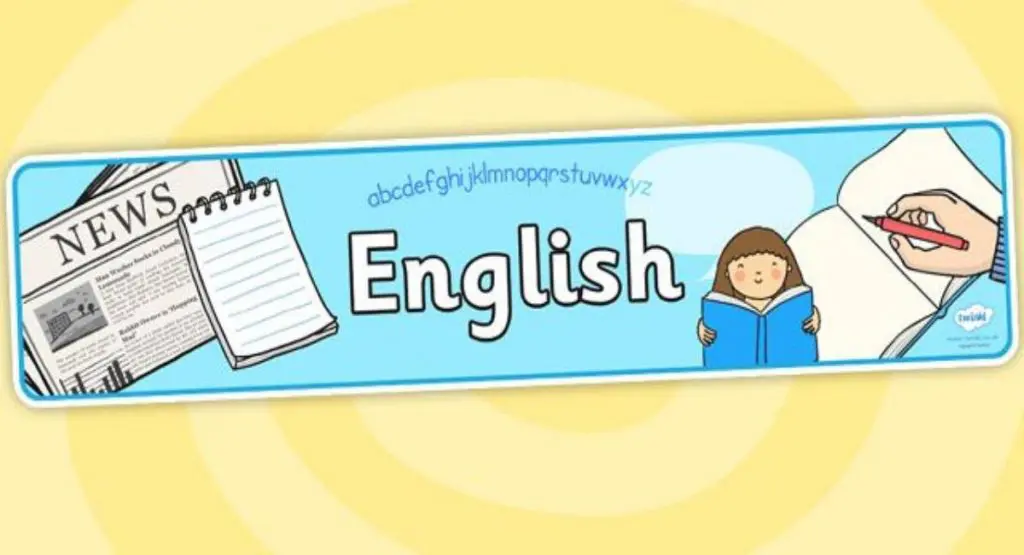What if there is evidence that the English language is happily leading an alternative lifestyle without us?
CHANGING ENGLISH
Languages are like living and breathing organisms, they are made to change and adapt. They don’t belong to the super smart scholars theorising and explaining them. They belong to the people out there speaking them, changing them to suit their contexts, manipulating, bending and experimenting with them. So it’s natural that due to rules of usage languages are constantly evolving.
In fact, the only thing that is consistent in language IS change. When a language stops changing, it becomes purely academic, like Latin or Ancient Greek. And as long as the needs of people change, so will their language. It happens slowly, from year to year we hardly notice it – except to complain every now and again about how young people are ‘murdering’ the English language. However, reading Shakespeare’s writings from the sixteenth century can be difficult. If you go back a couple more centuries, Chaucer’s Canterbury Tales are very tough to understand, and if you went back another 500 years to try to read Beowulf, it would be like reading a different language.
The English language will change a lot during your lifetime, like it or not! New words are being coined all the time. If you asked someone twenty years ago whether they had googled the person they had just friended on facebook, they would stare at you blankly (spell-check still gives them wiggly red lines of disapproval).
Vocabulary changes more rapidly than grammar, but even English grammar is evolving. For example, the dative whom is increasingly being replaced by who. Who can you blame? Or the hypothetical conditional if clause – If I were you, I’d buy those shoes, ok that one is still the correct way of saying that but we hear more and more people saying If I was you and that is not exactly incorrect. Decades ago, these would have jumped off the page as a grammatical error, but don’t they look ok now?
One thing is certain: with well over a billion people speaking English around the world and, for the first time, most of them speaking it as a second language, there are plenty of changes to come! We’ve already established language is constantly evolving, so it’s not surprising that English, transplanted to new soil, is bearing unusual fruit. There’s Spanglish (Spanish and English), Singlish (Singaporean and English) and Hinglish (Hindu and English). Hinglish is in fact a blend of Punjabi, Urdu, English and Hindi, and its use is really widespread in India, used not only by the people on the streets (or the internet) but by the popular and intellectual media which gives it a semi official status. Hinglish prefers the present continuous to the simple present – On Thursdays I am working, instead of I work on Thursdays. It also dispenses with articles like ‘the’ and ‘a’. A person with a headache would say in Hinglish, head is paining.
Isn’t all that fascinating? What are you waiting for to be part of this large global community that call our wonderful English language their own? Browse our pages for a course that suits you and come learning English with us!

